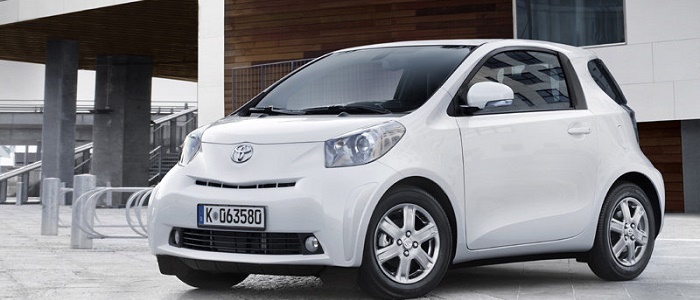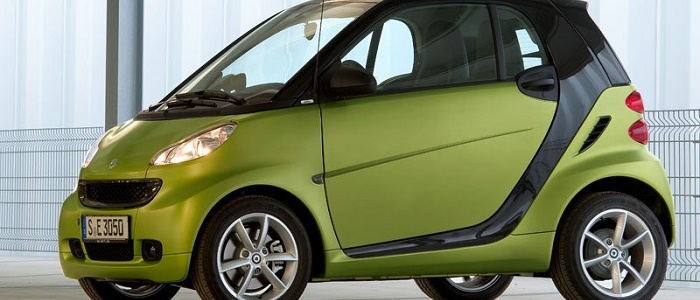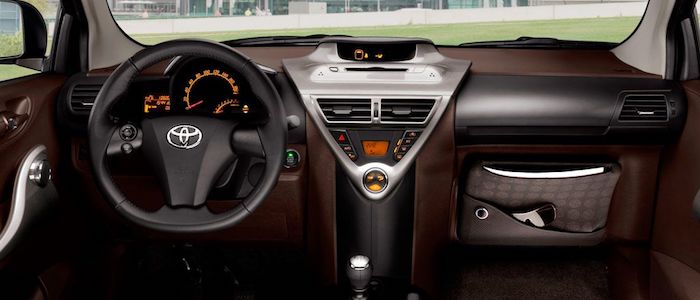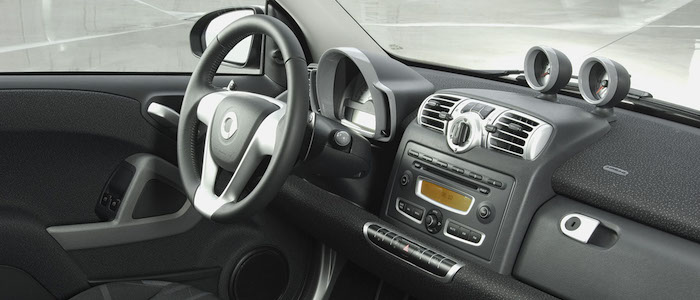Compare two cars
Compare any two cars and get our Virtual Adviser™ opinion
Marketing
Dimensons & Outlines
Engine
Performance (manual gearbox)
Performance (automatic gearbox)
Expenses
Virtual Adviser's™ opinion
Two significantly similar cars, no doubt about that. Still, each one has something different to offer. Having both cars powered by diesel engines and utilizing the 3-door hatchback body style within the same 'Micro car' segment, the only major difference here really is their wheel drive configuration (front for the Toyota and rear in the case of the Smart). The first one has a Toyota-engineered powertrain under the hood, a 4-cylinder, 8-valves 90hp unit, while the other one gets its power and torque from a 3-cylinder, 12-valves 54hp engine designed by Mercedes Benz.
SafetyBoth vehicles got tested by European New Car Assessment Programme (Euro NCAP), with the Toyota being a slightly better choice apparently. Still, apart from the official crash test results there are other things we need to be aware of. Both vehicles belong to the micro car segment, which is generally a misfortune safety-wise, but it doesn't do much to help us decide between the two. Furthermore, taking kerb weight as an important factor into account, the Japanese car offers a considerable difference of 19% more metal.
ReliabilityManufacturers have been building their reliability reputation for decades now and, generally speaking, it appears that both brands display similar results in faults and breakdowns, at least on all of the models level. That's the official data, while our visitors describe reliability of Toyota with an average rating of 4.6, and models under the Smart badge with 3.9 out of 5. Some independent research have also placed IQ as average reliability-wise, and ForTwo is more or less at the same level.That apart, owners of different cars powered by the same engine as the Japanese car rank it on average as 4.8, while the one under the competitor's bonnet gets 3.0 out of 5.
Performance & Fuel economyToyota is way more agile, reaching 100km/h in 6.1 seconds less than its competitor. In addition to that it accelerates all the way to 170 kilometers per hour, 35km/h more than the other car. When it comes to fuel economy the winner has to be the German car, averaging around 3.3 liters of fuel per 100 kilometers (86 mpg), in combined cycle. We can't ignore that 21% difference compared to the Japanese car.
Verdict
Toyota is apparently more reliable, not too much, but just enough. The most important thing when deciding between any two vehicles should always be safety, both passive and active. In my opinion, everything taken into account, the Japanese car beats the other contender by far, making it the best choice without even considering other things. It all continues in the same direction, with Toyota outracing its opponent in any situation possible, making it better choice for boy racers. It does come at a cost though, and that's the fuel consumption... All together, there's not much more to say, in this case I wouldn't even consider anything but Toyota. Anyway, that's the most objective conclusion I could've came up with and it's based solely on the information found on this website. Aspects such as design, practicality, brand value and driving experience are there for you to measure them out. I suggest you spend two more minutes in order to find out which car, based on your needs and budget, would be picked by the virtual adviser™, among more than 12.000 different ones in our database.


































